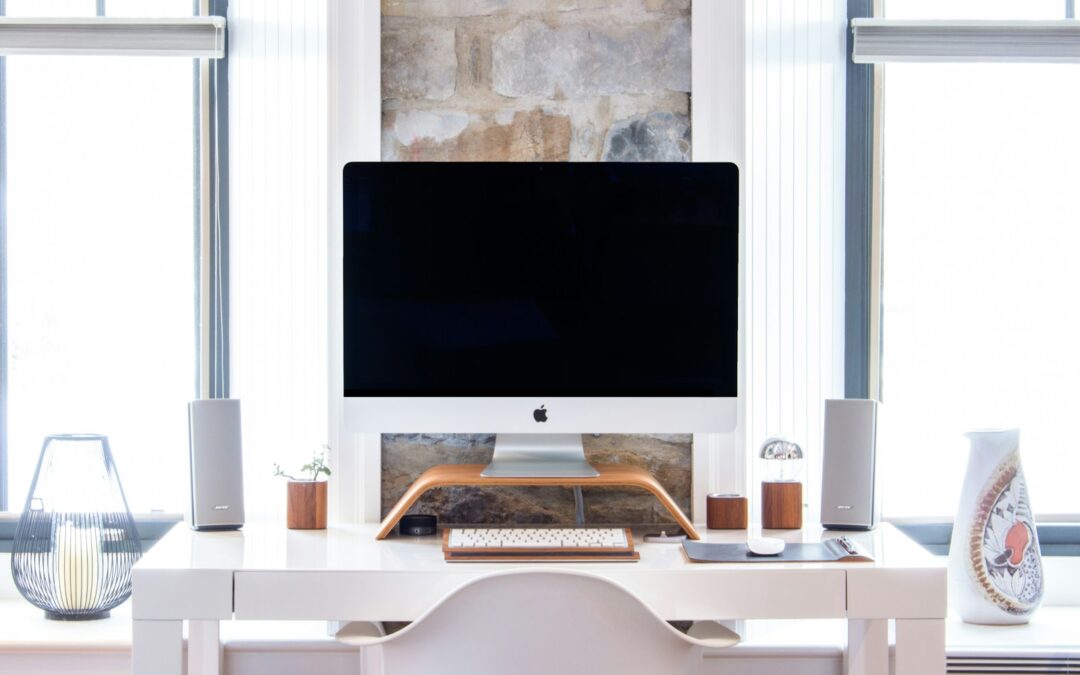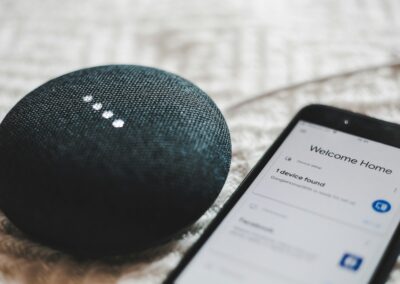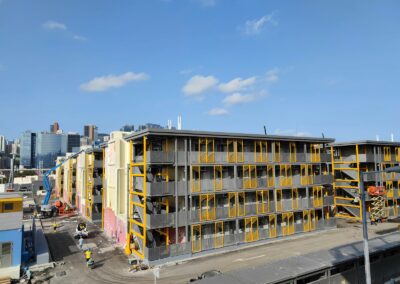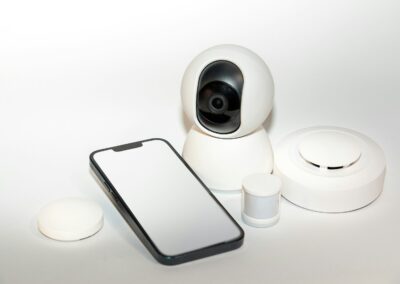How Smart Homes Enhance Wellness Through Technology
Introduction to the Health Benefits of Smart Home Technologies
Health benefits of smart home technologies are increasingly becoming a focal point in modern urban development. In regions like Saudi Arabia and the UAE, cities such as Riyadh and Dubai are at the forefront of integrating advanced technologies to improve the quality of life for their residents. These innovations range from air quality monitoring systems to automated exercise and wellness programs, all designed to create healthier living environments.
Smart home technologies are transforming the way we live, making our homes not just places of residence but hubs of health and wellness. With the integration of artificial intelligence (AI) and the Internet of Things (IoT), smart homes offer personalized health solutions that cater to individual needs. This article explores the various ways smart home technologies contribute to health benefits, emphasizing the importance of these advancements in promoting a holistic lifestyle.
By leveraging cutting-edge technology, smart homes can monitor and improve indoor air quality, automate fitness routines, and provide comprehensive wellness programs. These features are particularly relevant in the context of urban living in the Middle East, where environmental conditions and lifestyle demands necessitate innovative health solutions. Let’s delve into how smart home technologies are enhancing health and well-being in modern urban settings.
Enhancing Indoor Air Quality Through Smart Technologies
One of the significant health benefits of smart home technologies is the ability to monitor and enhance indoor air quality. Poor air quality is a major concern in urban areas, impacting respiratory health and overall well-being. Smart homes equipped with advanced air quality monitoring systems can detect pollutants, allergens, and other harmful particles in real time. These systems provide data and alerts, enabling residents to take immediate action to improve air quality.
In cities like Riyadh and Dubai, where sandstorms and high levels of dust can affect air quality, smart air purifiers and ventilation systems play a crucial role. These technologies use sensors to measure air quality and automatically adjust to maintain a healthy indoor environment. For instance, when particulate levels rise, the system can activate air purifiers or increase ventilation to ensure clean air circulation.
Moreover, integrating AI into these systems allows for predictive maintenance and optimization. AI algorithms can analyze patterns and predict when air filters need replacement or when ventilation systems require servicing, ensuring that the air quality remains consistently high. This proactive approach to indoor air management is a key health benefit of smart home technologies, promoting respiratory health and reducing the risk of allergies and other respiratory conditions.
Automated Exercise and Wellness Programs in Smart Homes
Another vital aspect of smart home technologies is the automation of exercise and wellness programs. In today’s fast-paced world, finding time for regular exercise and wellness activities can be challenging. Smart homes address this issue by integrating automated fitness programs and wellness routines tailored to individual preferences and health goals.
Smart home gyms, equipped with AI-driven fitness equipment, can create personalized workout plans, monitor progress, and provide real-time feedback. These systems can adapt exercises based on the user’s performance, ensuring a safe and effective workout. Additionally, virtual fitness trainers and interactive workout sessions make exercising at home more engaging and accessible.
Wellness programs in smart homes extend beyond physical fitness to include mental health and relaxation. Smart homes can be equipped with features like mood lighting, ambient sound systems, and meditation apps that create a tranquil environment conducive to relaxation and stress relief. In urban environments like Dubai and Riyadh, where the hustle and bustle of city life can be overwhelming, these wellness technologies offer a sanctuary of calm and rejuvenation.
Comprehensive Health Monitoring and Management
Smart home technologies also provide comprehensive health monitoring and management solutions. Wearable devices and health sensors integrated into the home environment can continuously monitor vital signs such as heart rate, blood pressure, and sleep patterns. This data is invaluable for early detection of health issues and ongoing health management.
For residents with chronic conditions, smart homes can offer specialized monitoring and support. For example, glucose monitors for diabetic patients can be connected to a central system that tracks blood sugar levels and provides alerts for any irregularities. Similarly, for elderly residents, fall detection sensors and emergency response systems can ensure immediate assistance in case of accidents.
The integration of these health monitoring systems with telehealth services further enhances their utility. Residents can share real-time health data with healthcare providers, enabling remote consultations and timely medical interventions. This seamless connection between home-based health monitoring and professional healthcare services exemplifies the potential of smart home technologies to revolutionize health care and wellness management.
Conclusion: The Future of Healthy Living with Smart Home Technologies
The health benefits of smart home technologies are transforming urban living, making homes not just places of shelter but centers of health and wellness. By enhancing indoor air quality, automating exercise and wellness programs, and providing comprehensive health monitoring, smart homes offer a holistic approach to well-being. In rapidly developing regions like Saudi Arabia and the UAE, these technologies are particularly relevant, addressing the unique environmental and lifestyle challenges of urban living.
As smart home technologies continue to evolve, their potential to improve health outcomes and quality of life will only grow. Integrating AI, IoT, and advanced health monitoring systems into our living spaces represents a significant step towards creating healthier, more sustainable urban environments. By embracing these innovations, cities like Riyadh and Dubai are setting a benchmark for the future of urban health and wellness.
In conclusion, the integration of smart home technologies offers numerous health benefits, from improved air quality to personalized wellness programs. These advancements not only enhance the quality of life for residents but also contribute to the overall sustainability and resilience of urban environments. As we move towards a smarter, more connected future, the role of smart home technologies in promoting health and well-being will become increasingly important, shaping the way we live, work, and thrive in modern cities.
—
#SmartHomeTechnologies #HealthBenefits #AirQualityMonitoring #AutomatedExercise #WellnessPrograms #SaudiArabia #UAE #Dubai #Riyadh #ModernTechnology























